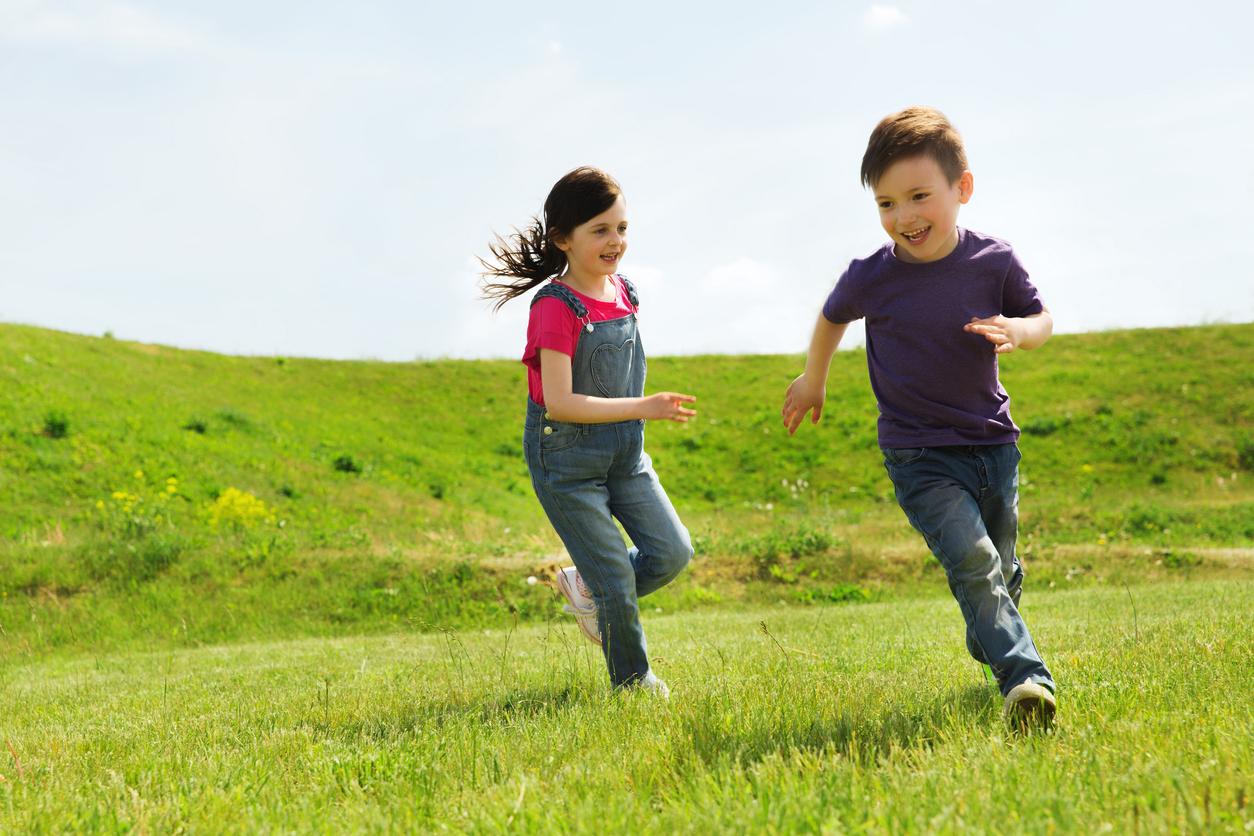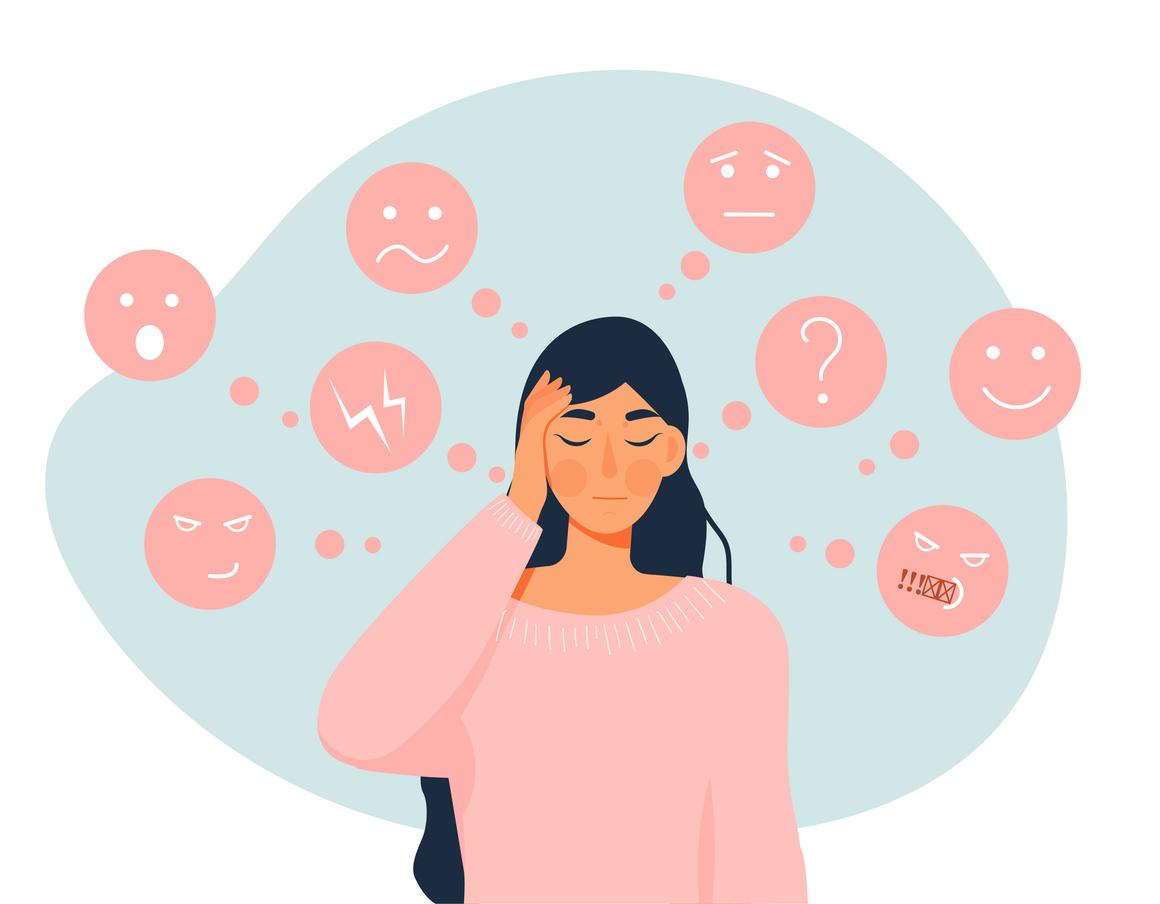Five minutes in contact with nature. This is what it would be enough to improve his mood in an instant, according to research published in the Journal of Positive Psychology last December. “The results on the benefits for emotional health are particularly interesting, because they seem to be observed very easily and quickly”, comment to site PsyPost study author Katherine D. Arbuthnott, Campion College (Canada).
Hedonic and transcendent emotions
In an initial study, 123 University of Regina students were randomly separated into two groups. One in an urban park. The other in a windowless laboratory room. Participants were asked to put all their electronics away and concentrate. Before and after each exposure, volunteers were also asked to indicate their emotions, at a time hedonic (associated with comfort and pleasure) and transcendent (love, empathy, but also feelings of fear, gratitude, wonder, to be part of something …).
When it comes to hedonic emotions, those who were seated outside experienced an increase before and after the test, while those who were inside did not. Likewise for positive transcendent emotions. But the results also revealed a sense of dread, brought on by spending only five minutes outdoors.
An “emotional boost”
The second study, involving 70 students, followed the same principle as the first. Only, this time the participants stayed fifteen minutes in one or the other environment. The researchers also asked them to rate their negative emotions, such as stress, depression or anxiety, on a four-point scale.
While increasing the length of time spent in nature did not increase the amount of positive emotions experienced, the study found that in both situations, with five minutes of rest, negative emotions were reduced.
“When you need an emotional boost, the fastest and easiest way is to spend a few minutes in nature”, advises Katherine D. Arbuthnott to her students. She also notes that being outdoors is the best option, but looking at photos of natural scenes can also help. Scientists now need to test whether much longer exposures, or time spent in larger natural areas, would influence our emotions differently.
Read also :
- Why does nature improve well-being?
- Green spaces have multiple beneficial effects on your health

















